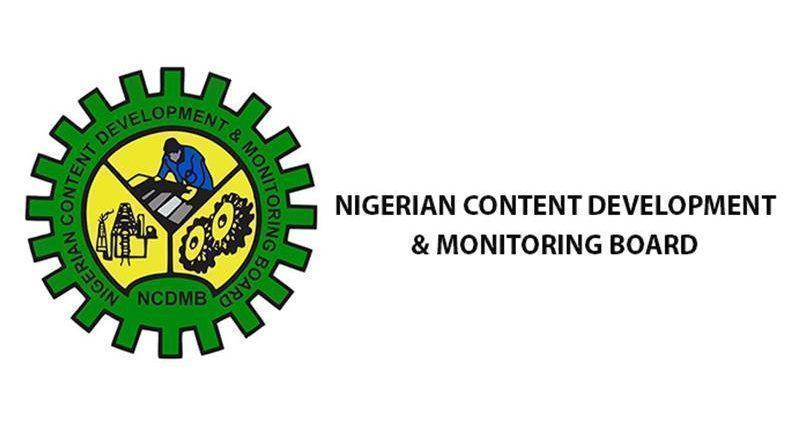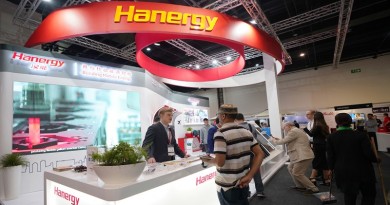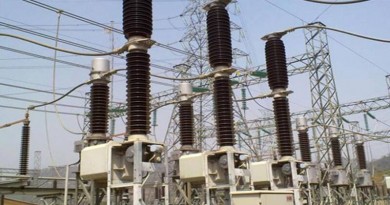Oil and Gas E–Market Place to be launched by NCDMB and NLNG for traders in the oil and gas industry
The Nigerian Content Development and Monitoring Board (NCDMB) and Nigeria LNG Limited are to launch the Oil and Gas E–Market Place, thereby putting a key provision of the Nigerian Oil and Gas Industry Content Development (NOGICD) Act into action.
The “Oil and Gas E-Market Place” is defined in Section 106 of the NOGICD Act as “a virtual platform for buyers and sellers of goods and services in the oil and gas industry that allows for quick and transparent transactions.” This Act provision had not been applied since the Act’s passage in 2010.
The Executive Secretary NCDMB, Engr. Simbi Kesiye Wabote, announced at the Nigerian Content Seminar at the Nigerian Oil And Gas Energy Week (NOG 2023) held in Abuja that the roll out of the Oil and Gas E-Market Place project would be carried out in phases, beginning with the Nigerian LNG Limited. He stated that a joint working committee comprised of company and Board members was formed to co-create the Blueprint for the Phase-1 implementation of the E-Marketplace, with members of the Oil Producers Trade Section (OPTS), Independent Petroleum Producers Group (IPPG), and other stakeholder groups participating in subsequent phases of the project.
He commended Nigeria LNG Ltd’s Management and Staff for always being ready to comply with the provisions of the NOGICD Act and for demonstrating genuine willingness to collaborate with the Board on various initiatives, recalling that the Service Level Agreements (SLA) were initiated with the company in 2017 to drive the timely approvals of requests submitted to the Board.
The Board uses the Nigerian Content Seminar to discuss the various elements of the NOGICD Act with industry operators, service providers, and other stakeholders in the industry, according to the Executive Secretary, noting that this year’s seminar provided a platform to clarify the provisions of the NOGICD Act (2010), the Ministerial Regulations, guidelines, tools, and initiatives.
Wabote used section 70 (h) of the NOGICD Act to justify the Board’s aid of local contractors and support of Nigerian enterprises in developing their capabilities and capacities in advancement of Nigerian Content development in the Oil and Gas industry. This clarification is intended to clarify the incorrect idea held by some that the Board is acting outside of its authority by assisting and cooperating with corporations in strategic business partnerships.
This provision, according to Wabote, is “at the heart of developing local capacities and capabilities in the oil and gas industry.” This clause, he claims, explains why the Board started on many measures, including monetary support and other activities aimed at improving both human capital and infrastructure. He mentioned the $300 million Nigerian Content Intervention Fund with the Bank of Industry (BoI), the $100 million Matched Fund with NEXIM Bank, the $50 million R&D Intervention Fund, and the $50 million NOGAPS Manufacturing Fund as some of the initiatives.
The Board also partners with local businesses to establish modular refineries, gas processing plants, LPG storage facilities, Base Oil production plant, LPG depot and refilling plants, and other facilities with clear exit plans once the target goals are met.
The CEO of the NCDMB noted that there are significant barriers to manufacturing in the oil and gas industry, which is why the Board is building the NOGAPS Industrial Parks to provide modern infrastructure utilizing the “sites and services” approach to encourage in-country manufacturing.
He stated that the Industrial Parks are in various stages of development in seven states: Akwa Ibom, Bayelsa, Cross River, Delta, Edo, Imo, and Ondo, hinting that “the NOGAPS Industrial Parks at Odukpani in Cross River state and Emeyal-1 in Bayelsa state are both at advanced stages of completion and will begin operations in 2024.”
While praising the contributions of the Shell Petroleum Development Company Joint Venture and the ExxonMobil Joint Venture to the industrial parks through the CDI programs, he confirmed that the Board has begun allocating manufacturing shopfloors and services plots at the Odukpani and Emeyal-1 parks to qualified applicants.
Speaking at a panel session titled “Exploring Emerging Opportunities for Local Content in Achieving Energy Security,” Mr. Abdulmalik Halilu, Director Planning Research and Statistics, NCDMB, emphasized the importance of focusing on manufacturing as a true strategy for promoting local content in the oil and gas industry. The reason for this is that manufacturing accounts for 54% of major oil and gas project spending. He implied that the Board’s industrial assistance programs will involve developmental and monitoring measures.
The Nigerian Content Manufacturing Initiative (NCMI), which preceded the Nigerian Content Equipment Certification (NCEC), is one of the developmental interventions. These programs aim to persuade original equipment manufacturers to reconsider their business models and begin manufacturing some components of their equipment in Nigeria. Other projects include the Nigerian Oil and Gas Parks Scheme (NOGaPS), which aims to improve manufacturing efficiency and lower entrance barriers.
Dr Ama Ikuru, Director, Capacity Building, NCDMB, also spoke, urging the Federal Government to resolve the barriers to manufacturing in the oil and gas industry. Among the initiatives were the provision of dedicated power and the repair of roads leading to manufacturing sites.




